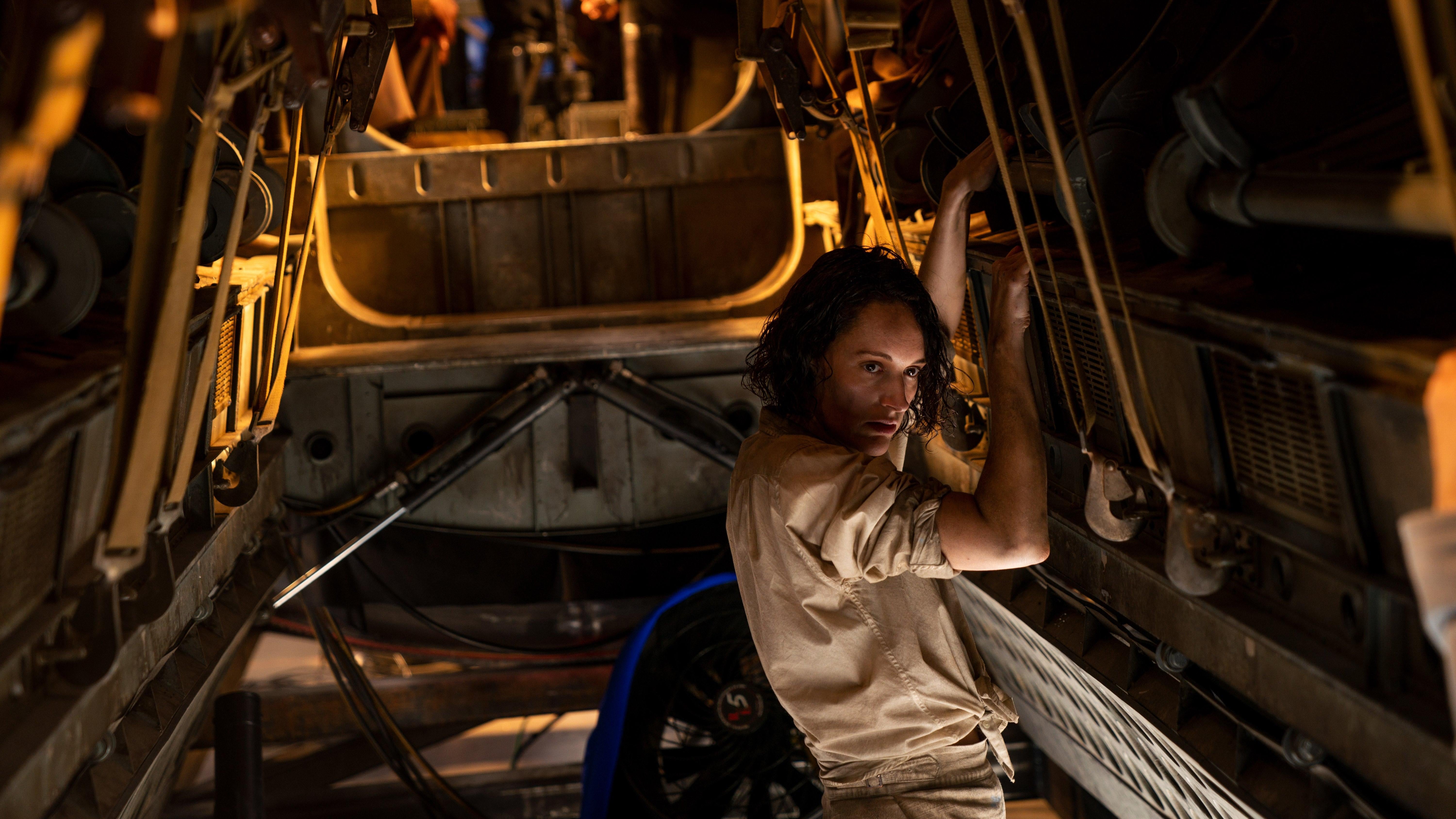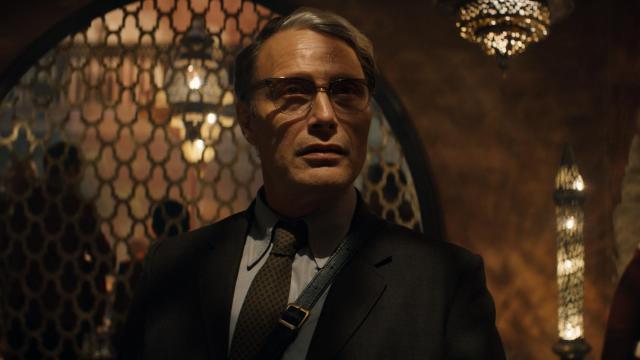Yup, that happened at the end of Indiana Jones and the Dial of Destiny. Director James Mangold and the team took Indy to a place fans probably never dreamed we’d see him. And while there’s been plenty of debate and discussion about the hows and whys, really only one person can definitely speak about them: Mangold himself.
In an interview with the Hollywood Reporter, the co-writer and director of Indy’s latest (and final) adventure spoke about the decision to send the story where it goes, what happens there, and even the film’s final moments. Obviously, massive spoilers ahead.

For a full breakdown of what happens at the end of the movie, click here. But basically, Indy (Harrison Ford) ends up travelling back in time to 200 BC during the Siege of Syracuse and decides he wants to stay. That is, until, his goddaughter Helena (Phoebe Waller-Bridge) knocks him out and brings him back to 1969 where he’s reunited with his wife, Marion (Karen Allen). The whole situation raises many, many questions — but the first one is, where did the whole time travel idea come from?
“So I never thought about this as time travel per se, although they certainly go through a portal in time at the end of the movie,” Mangold told the trade. “But the movie isn’t about time travel. It’s about time, it’s about getting older and it’s about the world changing around you. And as long as there’s been Indiana Jones movies, the power of the relic has always had some kind of dialogue with the theme of the movie itself. So it was no shocker.”
“[Indiana Jones movies] are always a kind of fanciful interaction between an aspect of history, science, and miracles, and so my goal with the end of the picture was to have a big swing, which is a staple of these movies at the end,” he continued. “I wanted Indy to be confronted with something that would not only challenge his notions of belief but also tempt him in a way. Life in the modern world had gotten disillusioning enough that the idea of actually living in history might be a temptation for him.”
OK, so that’s why the film has Indy travel back in time. But what about getting home? Here’s why, at least in Mangold’s mind, Helena knocks Indy out and brings him home. “Because she loves him and she needs a father,” Mangold said. “She needs him. If the movie has anything to say, it’s on the simplest level. You have a father who’s lost a son and a daughter who’s lost a father, and both have become lost in the world. Helena is lost through cynicism, and Indy is lost through a kind of malaise and a feeling of being obsolete. And so to me, they’re in desperate need of each other while they’re battling each other through most of the picture.”

When they get home, Helena has called Marion back for the film’s touching final moments. Mangold reveals those scenes were shot early on in the production. “We shot it pretty early, because we shot Karen’s scenes in the second or third month of production, and the power of her coming in really landed,” he said. “I mean, it landed more when I could see the whole journey in getting to that scene and bringing those two together. But Karen literally came to set and worked two days. She landed and just dropped in, and the chemistry between her and Harrison was, of course, immediate. It’s something they had developed over many years.”
Finally, in a separate interview with Entertainment Weekly, Mangold said the idea of Indy dying at the end of the movie was mentioned briefly, but never actually treated seriously. “Honestly, I enjoy that people were so atwitter about it, because to me, there really is no attraction to just getting thousands of people in a theatre and hitting them in a head with a hammer,” Mangold said. “For Indiana Jones, it isn’t about him dying. It had to be about him coming to terms with this period of his life and this period of the world. And in a way, coming to terms with whether Indiana Jones has relevance to ours.”
In the end, whether you love the decisions Mangold made or hate them, you can’t say they weren’t done with intention, purpose, and thought. Read more from both Mangold interviews at these links. Indiana Jones and the Dial of Destiny is now in theatres.
